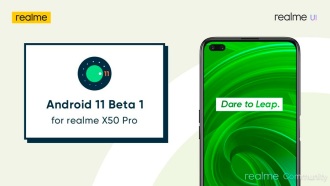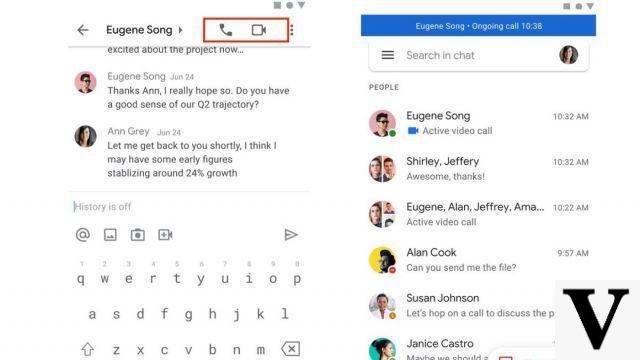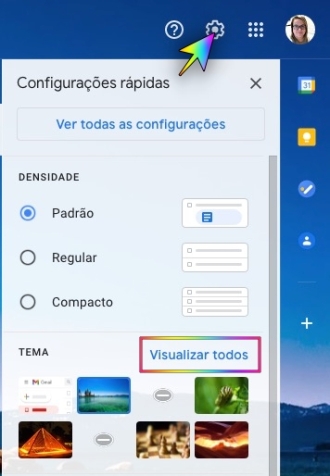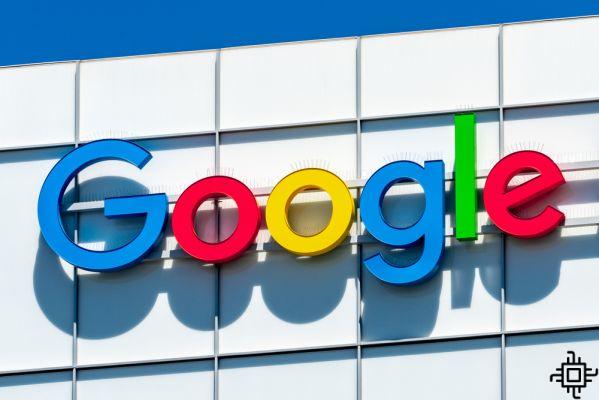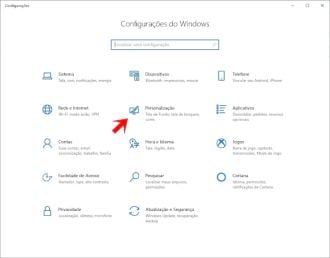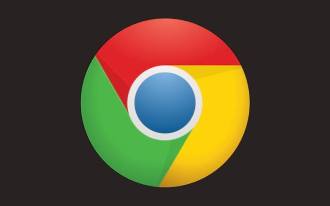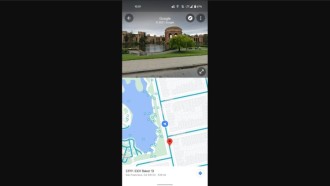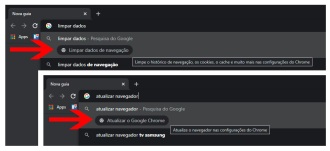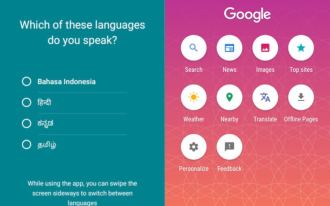In 2015, Google had launched the navigation acceleration project called Accelerated Mobile Pages, which promised to make website pages load much faster, especially on mobile phones, facilitating the relationship between content creators and your users.
This technology has an open source format that was created with technologies already known from the Internet, so there is no risk of incompatibility. It works so that creators produce lighter pages that can be hosted on cache servers that go to a smarter distribution system, all integrated with Google and built on high quality cross-platform.
This innovation served to clash with Facebook Instant Articles and Apple News. And now, with the popularization of AMP, the company intends to take the project further, wanting to extend the innovation to the rest of the web.
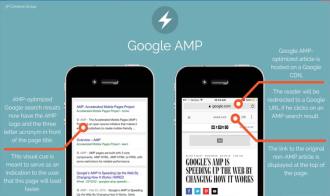
On the AMP blog, Malte Ubl, project leader, said that after two years learning from the project, now is the time when they feel "ready to take the next step and work to support more instant content that is not technology-based." AMP in Google's search areas, as well as the Top Stories carousel."
According to a report by The Verge published this Thursday (8), the app’s idea explained in practice is simple: when you click on a link on the internet, you won’t have to wait for it to load, as the article will already be pre-loaded in the app. . Think about that performance for the web, that's what Google is all about.
In addition to nearly instantaneous loading, the web would have benefits such as cross-platform distribution and more prominent critical placement on Google properties.
Mistrust
Google's desire to improve the web was frowned upon by many, including companies that thought the project was just one more on the research group's curriculum, when in fact the goal is not web control or anything like that. The truth is that Google feels that the proposal is evolved enough to be taken forward, more precisely, to those responsible for web standards.
After that, the explanation found in the face of the misunderstanding is that after two years, the experience gathered with AMP technology could create a new standard of mobile browsing along with other web actors. A proof of this is the support that the project gains from other companies and platforms, such as Bing and Twitter.
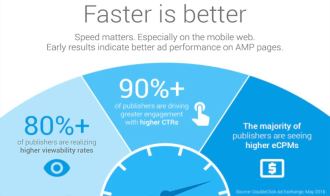
How would that work?
According to information from The Verge, the proposal would involve "taking some of the ideas behind the clever hacks that made AMP work, cleaning them up, and then making them a universal standard that has nothing to do with Google." ". This would make room for any web page to be distributed easily and loaded quickly, just like the ones with AMP support.
In the project's blog post, Ubl highlights the company's collaboration process, citing areas that could be improved if standardization were adopted. Some of them are the prominent policy, web packaging and the promotion of iFrame, which could improve the use of the processor, RAM memory and especially the connection speed of cell phones when used for browsing.
- How to download YouTube audio/music without using programs in 2021
- Android's history
That said, the offer would build together, unbundled from the "Google" brand. Briefly, Ubl explains: "We're taking what we've learned from AMP and working on web standards that will allow instant loading of web content not supported by AMP." All this without sacrificing system performance.
Therefore, the company has a duty to prove that it is capable of "fixing" the problems of the web without looking like it is franchising a new product for its own billing.




